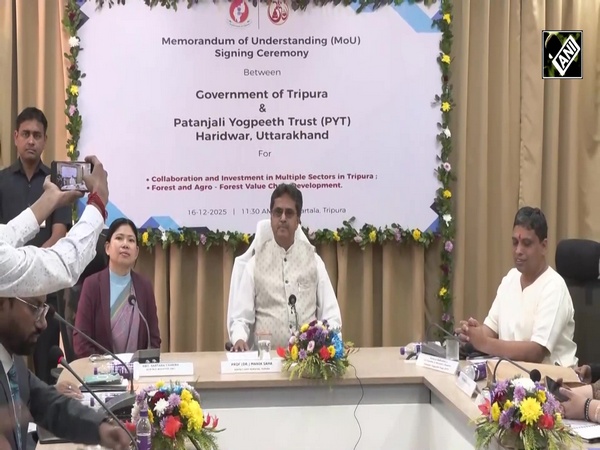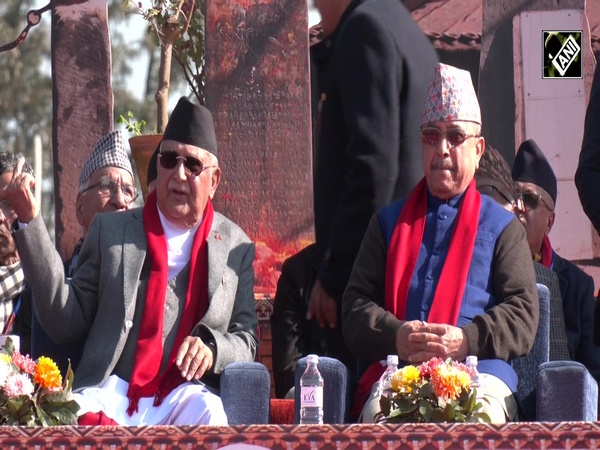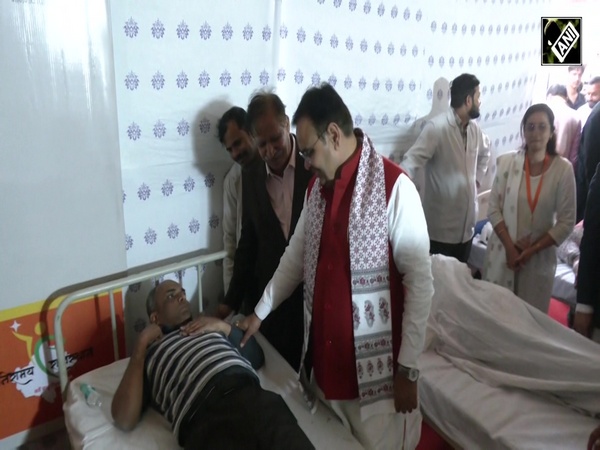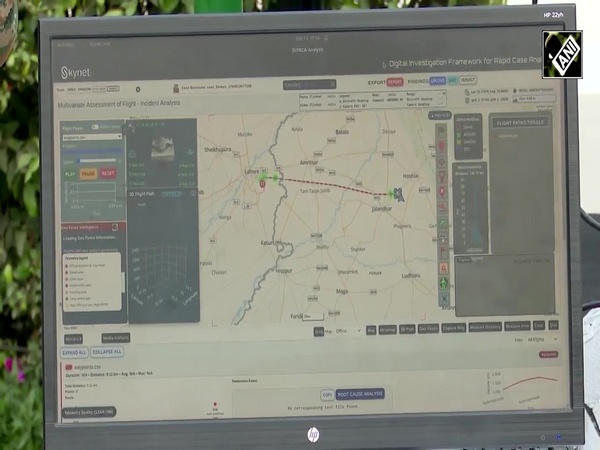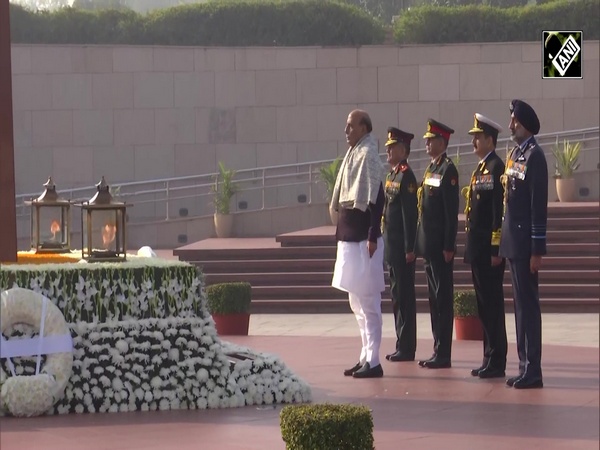Forced displacement of people reaches record high of 82.4 million, says UN
Jun 18, 2021

Geneva [Switzerland], June 18 : The number of people displaced due to persecution, conflict, violence and human rights violations in the world has increased to a record 82.4 million, according to the Global Trends report from the United Nations High Commissioner for Refugees (UNHCR).
DW news agency reported that the UN report has called for reversing the global trend towards more flight and displacement triggered by violence and persecution, which has been going on for almost a decade. It said that the newly released figure is four per cent higher than the previous year, when 79.5 million had been recorded at the end of 2019.
The low and middle-income countries that border crisis areas host the vast majority of refugees around the world. Moreover, developing countries hosted 86 per cent of the world's refugees and Venezuelans displaced abroad.
The least developed countries provided asylum to 27 per cent of the total.
According to the report, there were 20.7 million refugees under the UNHCR mandate, 5.7 million Palestinian refugees, and 3.9 million Venezuelans who fled their homes at the end of 2020. All these figures represent slight increases compared to 2019.
A further 48 million people were displaced within their own country, while there are 4.1 million asylum-seekers, DW reported.
United Nations High Commissioner for Refugees Filippo Grandi said behind each of these numbers "is a person displaced from their home and a story of flight, uprooting, and suffering".
"Each individual deserves our attention and support -- not only through humanitarian assistance but by finding solutions to end their plight," Grandi said.
Meanwhile, at the height of the COVID-19 pandemic in 2020, over 160 countries closed their borders, while 99 countries made no exception for people who had sought international protection, the report highlighted.
However, more countries found ways to guarantee access to asylum through improved measures such as medical examinations at borders, health certificates or temporary quarantine on arrival, simplified registration procedures while containing the spread of the coronavirus.
Over the course of last year, 33,800 refugees were granted citizenship by a host country. But their resettlement saw a dramatic slump as only 34,400 applications for resettlement were accepted -- the lowest figure in 20 years.
Grandi said those who govern and who have influence must "put aside their differences, abandon selfish approaches in their policies and focus instead on preventing and resolving conflicts and guaranteeing respect for human rights".
The UN estimates that almost one million children were born as refugees between 2018 and 2020. Furthermore, 42 per cent of displaced persons are girls and boys under the age of 18. Many of them are at risk of remaining in exile for years to come, some potentially for the rest of their lives.
"I have heard from several refugees around the world, actually parents telling me 'Forget us, we are a lost generation, but do something for our children. Give them education, let them have a chance'. Well, we do not want to give up the parents' generation as well. But indeed, education is the key factor," UNHCR spokesperson Chris Melzer told DW.
The UNHCR report said it was especially challenging to ensure the best interests of at-risk children, not least children who are unaccompanied or separated from their families.
Meanwhile, the number of arrivals in Germany has dropped significantly for the fourth year in a row, to 102,600 applications.
While Germany hosted the third-largest number of refugeeswith nearly 1.5 million, Turkey hosted the highest with 3.7 million. Colombia was second with more than 1.7 million, including Venezuelans displaced abroad, DW reported citing the report.












